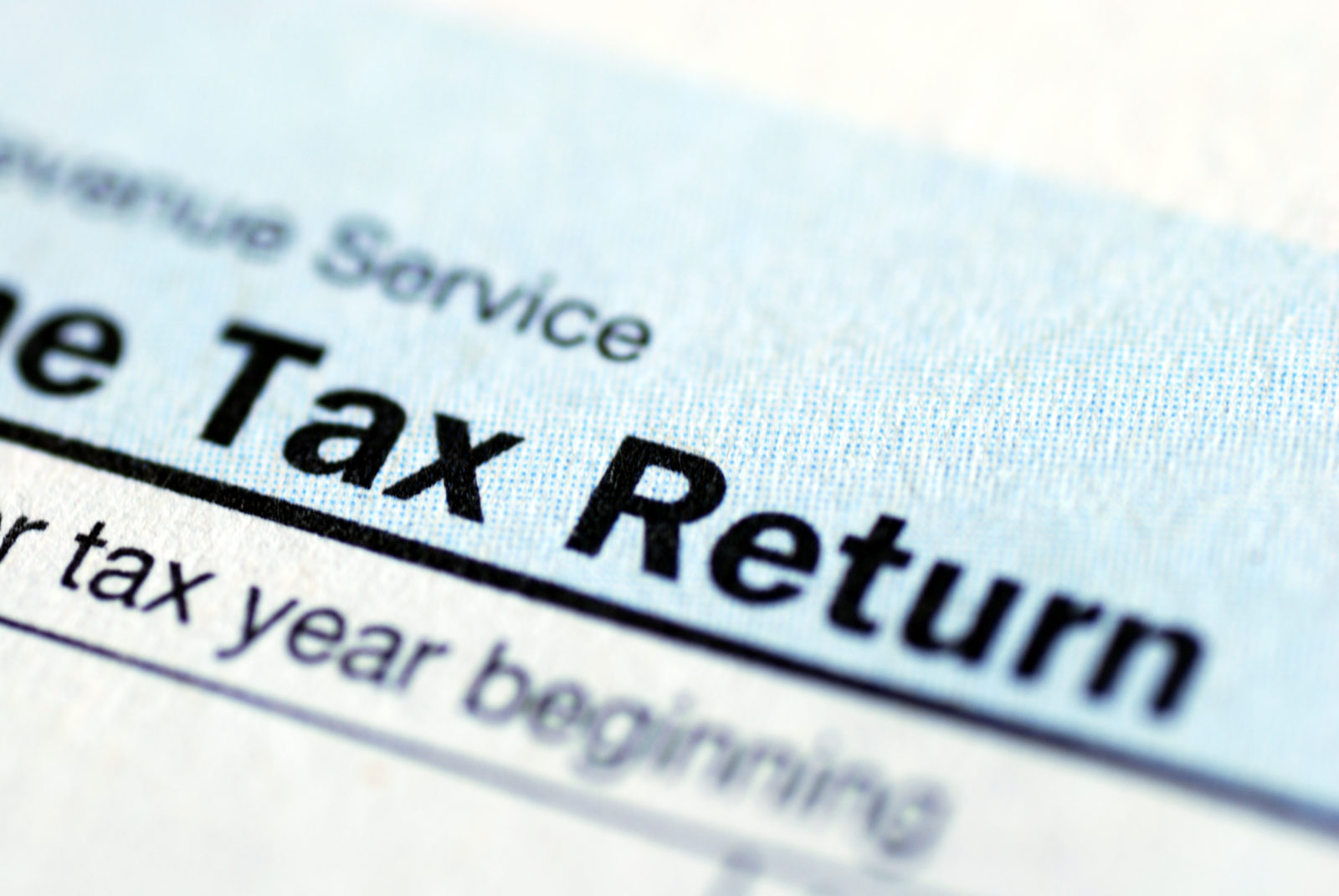Pursuit of Economic Literacy
Recent opinion polls show that substantial numbers of Americans believe: We are in a recession; free trade reduces jobs for American workers; controlling prices will make us better off; government can create jobs; the tax cut hurt economic growth; and corporations hurt American workers by moving their legal homes to lower-tax jurisdictions. None of the above statements are true. Why Read More ›
